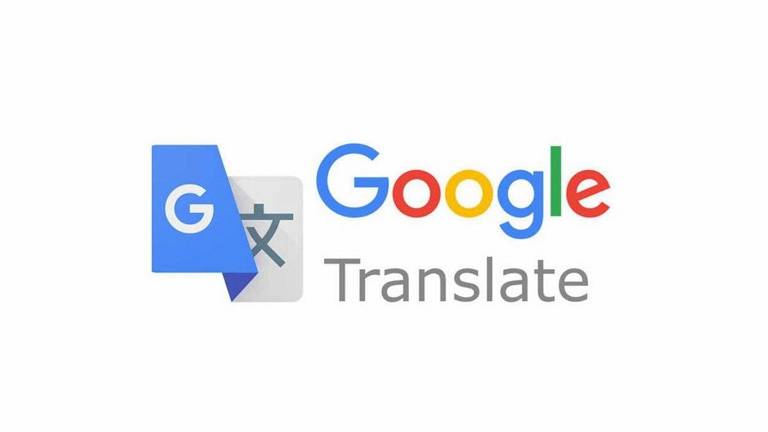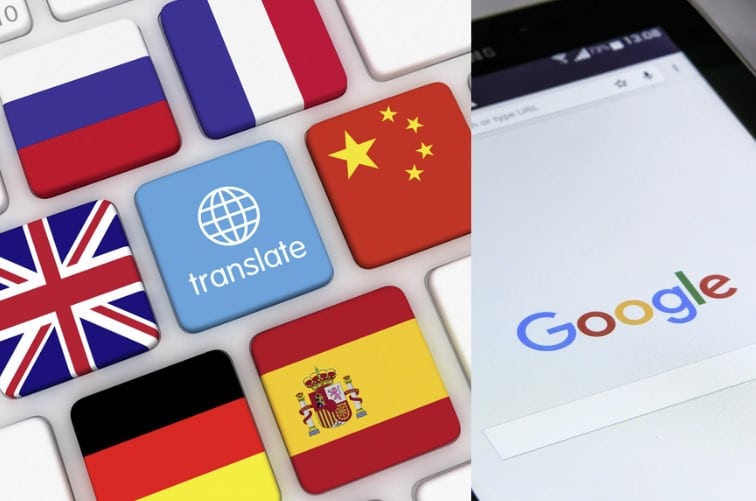The need for effective communication across different languages has become more crucial than ever. Whether you’re a business looking to expand into international markets or an individual seeking to connect with people from diverse backgrounds, having access to reliable translation services is indispensable. This is where the role of a “traductor” comes into play.
Understanding the Role of Traductor
The term “traductor” may seem straightforward, translating to “translator” in English, but its significance goes far beyond mere linguistic conversion. A traductor serves as a cultural mediator, facilitating communication between individuals or entities who speak different languages. To truly understand the role of a traductor, one must appreciate the intricate interplay between language, culture, and communication.

At its core, translation is about more than just substituting words from one language to another. It involves deciphering the underlying meaning, intent, and nuances embedded within the original text and conveying them accurately in the target language. This requires not only fluency in both languages but also a deep understanding of the cultural contexts in which they are embedded.
For example, idiomatic expressions, cultural references, and linguistic nuances can pose significant challenges for translators. A skilled traductor possesses the cultural competence and contextual knowledge necessary to navigate these challenges effectively. They understand that language is not a static entity but a dynamic reflection of culture, history, and identity, and they strive to bridge the gap between languages while preserving the integrity and nuances of the original message.
The Importance of Translation Services
In today’s globalized world, where businesses operate across borders and individuals interact with people from diverse linguistic backgrounds, the importance of translation services cannot be overstated. For businesses, accurate translation is essential for reaching new markets, expanding customer bases, and ensuring compliance with legal and regulatory requirements. From marketing materials and product descriptions to legal contracts and financial reports, every aspect of business operations may require translation to effectively communicate with stakeholders across the globe.
Similarly, individuals often rely on translation services to navigate everyday tasks such as accessing healthcare, obtaining legal documents, or communicating with colleagues and friends from different linguistic backgrounds. Whether it’s translating a birth certificate for immigration purposes or interpreting during a medical appointment, the assistance of a skilled traductor can make a significant difference in people’s lives, ensuring access to essential services and fostering inclusivity in diverse communities.
Types of Translation Services
Translation services encompass a wide range of specialized fields, each requiring specific skills, knowledge, and expertise. Legal translation, for example, demands meticulous attention to detail and familiarity with legal terminology and conventions. Medical translation requires a thorough understanding of medical terminology and procedures to accurately convey information between healthcare providers and patients.
Technical translation, literary translation, and website localization are just a few examples of the diverse applications of translation services across different industries and contexts. Each type of translation presents its own set of challenges and requires translators with specialized expertise in the relevant field. Whether it’s translating complex technical documents, preserving the literary style and tone of a novel, or adapting website content for international audiences, skilled traductors play a crucial role in ensuring accurate and effective communication across languages and cultures.
Qualities of a Reliable Traductor
Choosing the right traductor or translation agency is essential for ensuring the quality and accuracy of translated content. Several key qualities distinguish a reliable traductor from the rest:
Language proficiency:
A competent traductor should be fluent in both the source and target languages, with a strong command of grammar, vocabulary, and idiomatic expressions. They should be able to convey the intended meaning accurately while maintaining the tone and style of the original text.
Cultural competence:
Understanding cultural nuances and context is essential for accurate translation. A skilled traductor should be well-versed in the cultural norms, customs, and conventions of both the source and target languages. This allows them to accurately convey the cultural subtleties embedded within the text and ensure that the translated content resonates with the target audience.

Subject matter expertise:
Depending on the nature of the content, translators with specialized knowledge in specific fields may be required to ensure accurate and contextually appropriate translation. Whether it’s legal, medical, technical, or literary translation, a reliable traductor should possess the necessary subject matter expertise to handle the content effectively.
Attention to detail:
Translating involves more than just converting words from one language to another; it requires meticulous attention to detail to convey the intended meaning accurately. A reliable traductor pays close attention to nuances in language, grammar, and syntax, ensuring that the translated content is error-free and coherent.
Confidentiality and professionalism:
Trustworthiness and professionalism are paramount in the translation industry. A reliable traductor should adhere to strict confidentiality protocols and maintain the highest standards of professionalism in their interactions with clients. This includes respecting deadlines, communicating effectively, and delivering high-quality work consistently.
By embodying these qualities, a reliable traductor not only ensures the accuracy and quality of translated content but also builds trust and credibility with clients. In a competitive market, reputation and reliability are key factors that distinguish top-tier traductors from the rest.
The Future of Translation Services
As technology continues to advance, the landscape of translation services is undergoing significant transformations. Machine translation tools powered by artificial intelligence (AI) are becoming increasingly sophisticated, offering faster and more cost-effective solutions for certain types of translation tasks. However, while machine translation has its advantages, it also has limitations, particularly when it comes to handling complex linguistic and cultural nuances that require human intervention.
Human translators bring a level of insight, creativity, and cultural understanding that machines cannot replicate. They have the ability to interpret context, decipher idiomatic expressions, and adapt content to suit the cultural preferences of the target audience. While machine translation may excel at basic tasks such as translating simple sentences or phrases, it often falls short when it comes to preserving the subtleties and nuances of human language.
In the future, we can expect to see continued advancements in translation technology, with AI playing an increasingly prominent role in automating routine translation tasks and streamlining workflow processes. However, human translators will remain essential for handling complex, specialized, and culturally sensitive content that requires a human touch.
Conclusion
The role of a traductor in facilitating cross-cultural communication and understanding is more important than ever in our interconnected world. By leveraging their linguistic expertise, cultural competence, and subject matter knowledge, traductors play a crucial role in breaking down language barriers, fostering meaningful connections, and promoting mutual understanding across borders. As technology continues to evolve, traductors will continue to adapt and innovate, ensuring that translation services remain relevant, reliable, and indispensable in an ever-changing global landscape.
